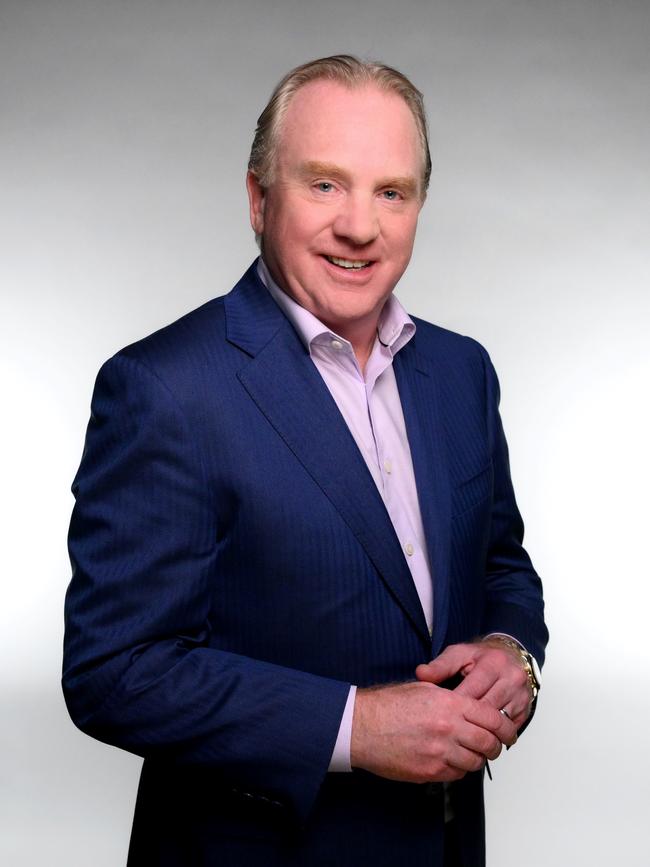Worley stung by tribunal findings in corruption case
Australian contracting giant Worley engaged in ‘conduct amounting to corruption’ in Ecuador, according to an international tribunal.

Australian contracting giant Worley engaged in “conduct amounting to corruption” in Ecuador, according to an international tribunal, with the company’s high-powered board now facing scrutiny over its disclosures regarding the $US470m ($700m) payment dispute with the impoverished country.
The company told shareholders late last month that the international arbitration tribunal rejected its claim on “jurisdictional grounds”.
But Worley failed to say that the Miami-based tribunal ruled Worley’s claims were inadmissable because its contracts with Ecuador’s state-owned oil and gas company were “tainted by illegality and bad faith”.
The tribunal sustained allegations made by the Ecuadorean government that Worley gained an inside advantage from confidential information when winning its first contract in Ecuador, then “corruptly offered undue advantages” to officials to help secure the contracts for extra work in the country worth hundreds of millions of dollars.
Worley has disputed the tribunal’s findings and told The Australian it was reviewing its legal options.
The tribunal’s final decision, included in US court filings by the Ecuadorean government, raises serious questions about the public disclosures by the company over the corruption allegations, which first came to light during the release of the so-called Panama Papers in 2016.
Its board includes Turnbull-era cabinet secretary Martin Parkinson, appointed in 2020, and former Dow Chemical chief executive Andrew Liveris, who has been a Worley director since 2016. Former directors include high-profile business identities such as former Telstra and Commonwealth Bank chair Catherine Livingstone, who served as a non-executive director of Worley between 2007 and 2019.
The board is led by company founder John Grill, who was its chief executive until October 2012. Its current chief executive, Chris Ashton, was appointed in 2020 after joining the firm in 1998.
Worley told shareholders on December 27 that the company had “previously announced” its claims against Ecuador in the company’s 2020 annual results presentation, and again in its 2023 annual financial statements.
What Worley said in 2019 – on page 27 of a 63-page slide show – was that “three SOE (state-owned enterprise) receivables are non-current following trigger of dispute resolution mechanisms”.
No mention was made of Ecuador, and the company’s 2023 disclosure makes no specific reference to Ecuador – nor the $US470m claim figure Worley presented to the tribunal. In the court filings Worley said the amount in dispute was nearly $US470m, and submitted its claim for costs was “reasonable”.

The broader scandal involved direct bribery of government officials by Worley’s chief subcontractor, Tecnazul, on major works to revive Ecuador’s petrochemical industry between 2011 and 2015.
When the scandal broke with the release of the Panama Papers, it was heavily covered by the Spanish-language press in Ecuador, which also explored the contractor’s links to Worley.
It was part of a suite of corruption scandals in Ecuador triggered by the release of the documents, leaked from Panamanian law firm Mossack Fonseca, which helped bring down the government of left-wing president Raphael Correa.
Government officials and executives of a key subcontractor to Worley were convicted and jailed in Ecuador for paying bribes to win contracts to rebuild Ecuador’s oil and gas industry, a process which Worley was overseeing as a head contractor.
Documents filed in the US courts show that Worley’s Ecuadorean operations were the subject of multiple criminal and civil investigations in Ecuador – including project audits, income tax bills and “baseless criminal investigations against WorleyParsons’s personnel” – which the company characterised to the tribunal as an illegal harassment campaign by the state. But until now Worley has kept its role in these investigations under wraps from its shareholders.

The Ecuadorean government stopped paying Worley’s bills in late 2016, soon after the scandal broke, but Worley’s public disclosures to the Australian Securities Exchange make no direct reference to the loss of the contracts.
Worley denied any involvement to the Ecuadorean press at the time but, as far as The Australian can ascertain, made no public references to the scandal in public disclosure documents.
And, while the $US470m figure included in the tribunal’s final decision would likely be material to even a company the size of Worley, The Australian can find no record of a ASX disclosure by the company recording that – or any similar figure.
The Australian asked Worley detailed questions about its market disclosures on the issue on Monday, including about the board’s knowledge of the tribunal’s findings, whether the company’s board authorised the release on December 27, and what the company believed its previous disclosure obligations may have been.
Worley did not respond to the questions, saying only that the company believed “that the decision by the tribunal was not supported by the facts or the evidence provided during the arbitration process, and we are reviewing our legal options to address this”.
Worley is one of the world’s biggest contractors to the global chemicals and energy industry – including oil and gas and renewables – and says it has almost 50,000 employees across the 45 countries in which it operates. It is valued at about $8bn on the Australian stock exchange, and boasts on its website of “improving our environmental, social and governance (ESG) performance”.




